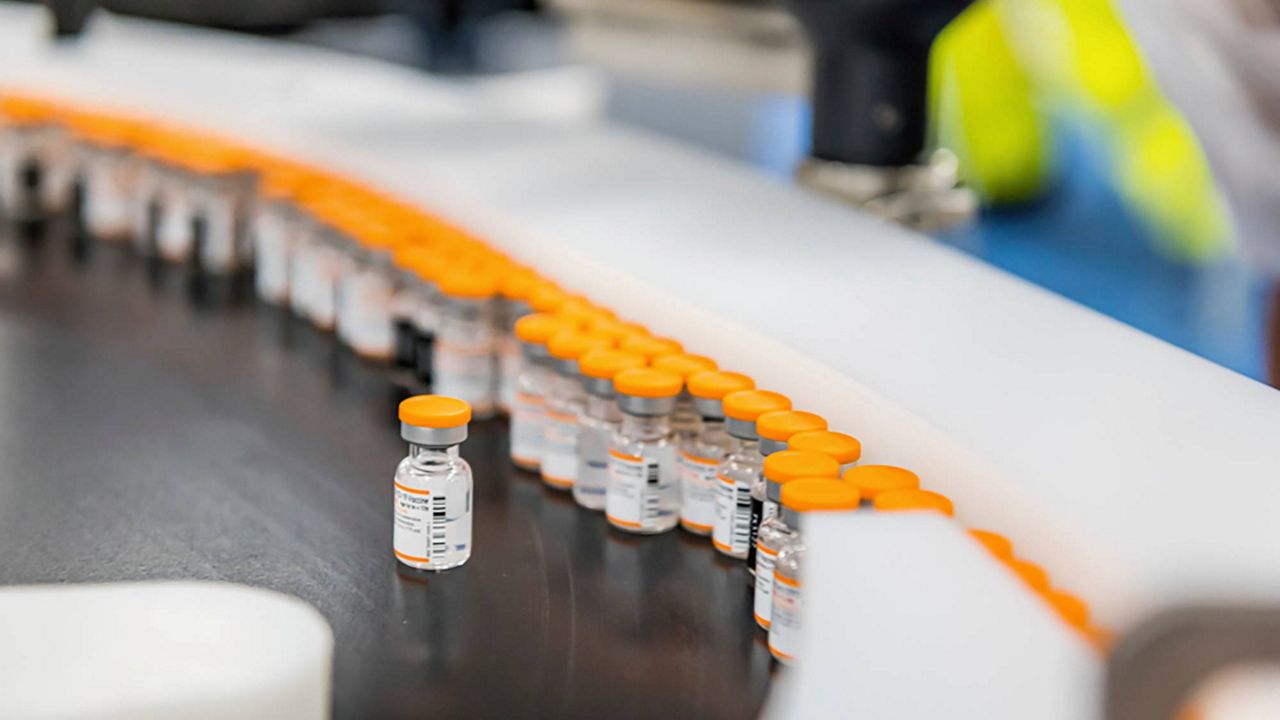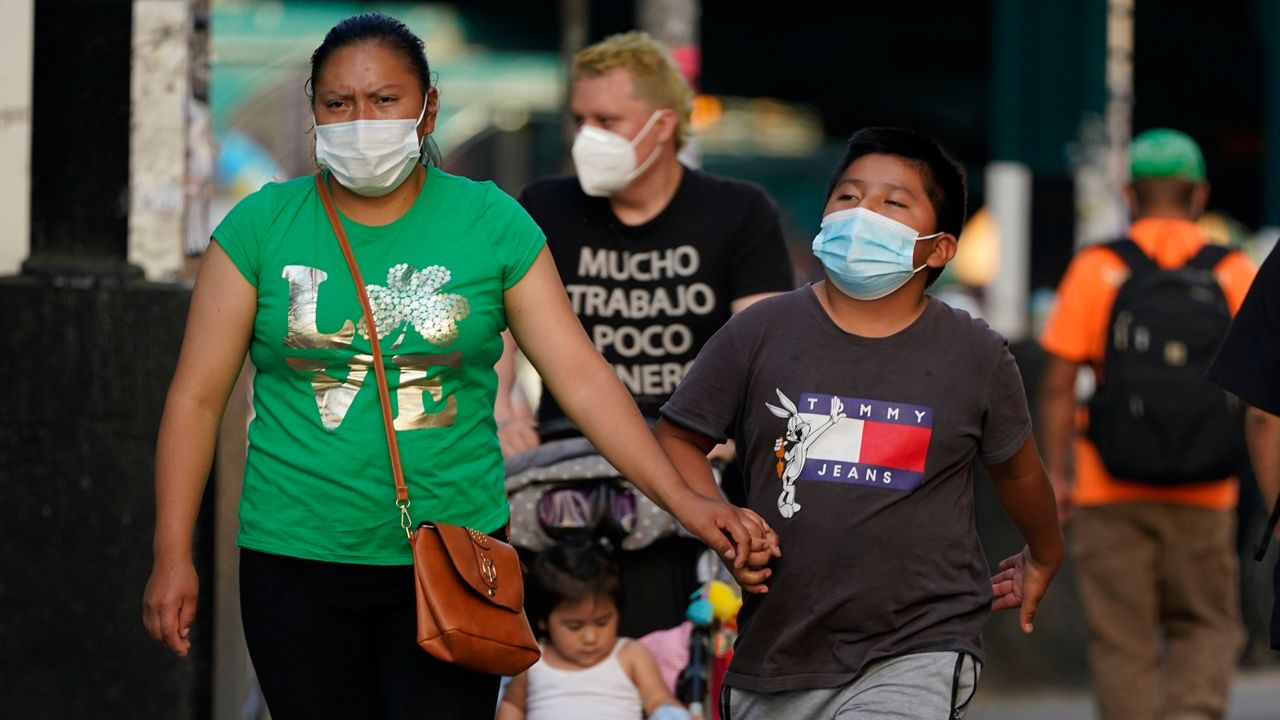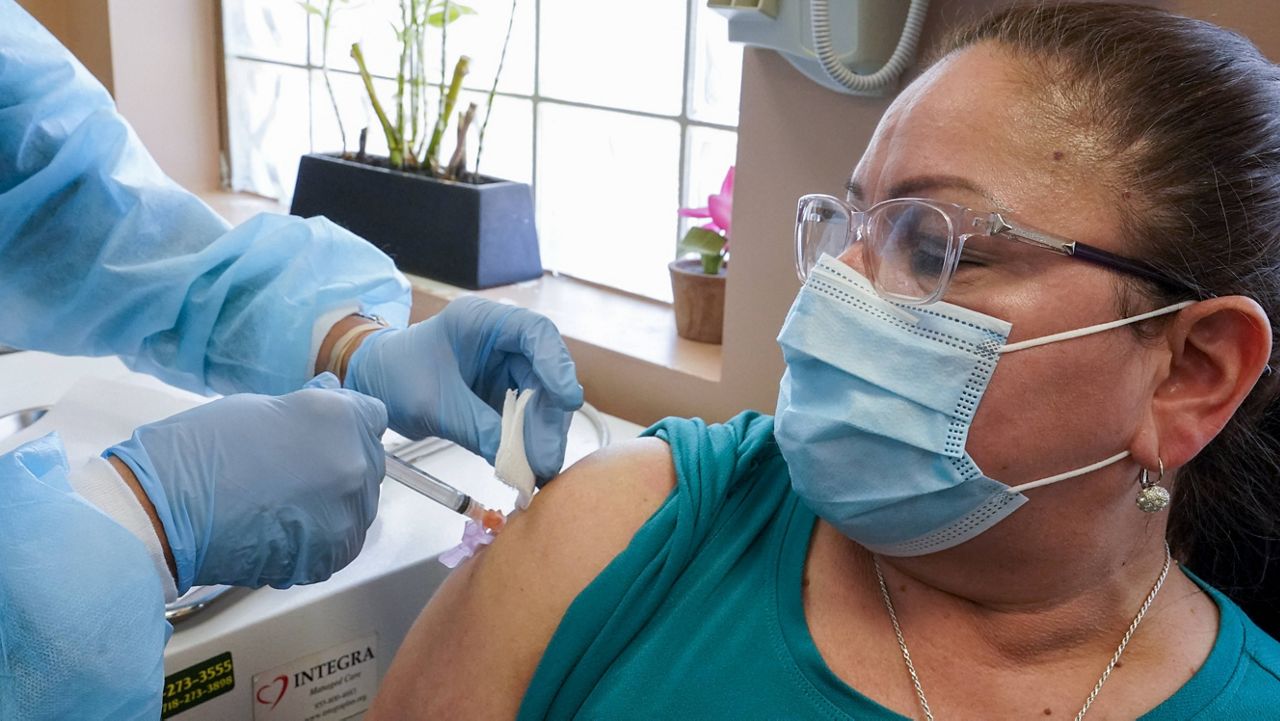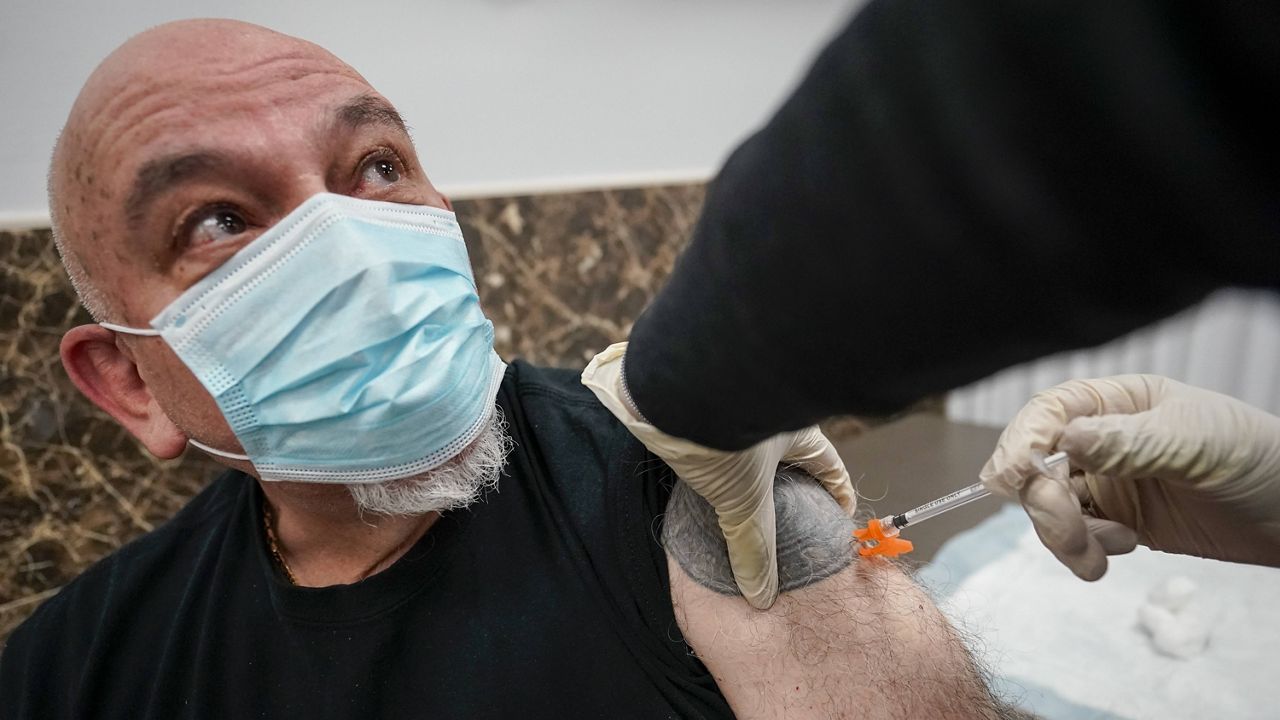BETHESDA, Md. — President Donald Trump’s doctors said Sunday he could be discharged from the hospital Monday. But the disclosure that Trump has been prescribed the steroid dexamethasone could be an indication the president’s coronavirus case is more serious than what his medical team is letting on, health experts say.
Dexamethasone is typically reserved for severe cases of COVID-19, not mild or moderate cases. The steroid, which reduces the body’s immune response, is normally only used if a patient’s condition seems to be deteriorating, Dr. Thomas McGinn, the physician-in-chief at Northwell Health on Long Island in New York, told The New York Times.
“The dexamethasone is the most mystifying of the drugs we’re seeing him being given at this point,” McGinn said.
“Suddenly, they’re throwing the kitchen sink at him. It raises the question: Is he sicker than we’re hearing, or are they being overly aggressive because he is the president, in a way that could be potentially harmful?”
A large study in Britain found that dexamethasone reduced deaths by one-fifth in COVID-19 patients who had been sick for at least a week and received supplemental oxygen, and by one-third among patients on mechanical ventilators.
White House physician Dr. Sean Conley said Sunday that Trump was prescribed the drug after his blood oxygen levels dropped twice and that the president needed supplemental oxygen. But Trump only revealed early Friday morning that he had been diagnosed with the virus.
The World Health Organization recommends the steroid only be given to patients with “severe and critical” COVID-19. Guidelines from the National Institutes of Health say it should only be given to people on mechanical ventilators or supplemental oxygen.
The WHO, however, does note that dexamethasone is generally safe if the treatment is short.
The drug is also used to treat conditions such as swelling, severe allergies and asthma as well as adrenal and kidney problems. Side effects of prolonged use include glaucoma, cataract, fluid retention, hypertension, psychological effects (such as mood swings, memory issues, confusion or irritation), weight gain or increased risk of infections and osteoporosis.
Trump also has been given an experimental antibody cocktail, the anitviral drug remdesivir, zinc, vitamin D, famotidine, melatonin and aspirin, his doctors say.
In addition to Trump’s hospitalization, drops in oxygen and aggressive treatment, there have been other concerning signs for the president. The White House gave conflicting messages over the weekend about his condition, with Conley admitting he painted an overly rosy picture Saturday. On the same day, White House Chief of Staff Mark Meadows told reporters: “The president’s vitals over the last 24 hours were very concerning, and the next 48 hours will be critical in terms of his care. We’re still not on a clear path to a full recovery.”
Trump’s doctors also said his oxygen level was 93% at one point but were not clear about whether it had ever dipped into the 80s. Many medical experts told The New York Times that they consider patients with oxygen levels below 94% to have severe COVID-19.
However, Dr. Brian Garibaldi, who is treating Trump, said Sunday that the president could be discharged Monday. Meadows told Fox News on Monday morning, “We are still optimistic that he will be able to return to the White House later today."
The White House has been trying to present Trump as being strong and working hard through photos and videos from Walter Reed National Military Medical Center. And on Sunday, the president took a ride in the presidential SUV to wave to his supporters camped outside the hospital.
"We're getting great reports from the doctors," Trump said in a video Sunday just before his outing.
"I learned a lot about COVID. I learned it by really going to school … and I get it, and I understand it, and it's a very interesting thing, and I'm going to be letting you know about it," he added.









